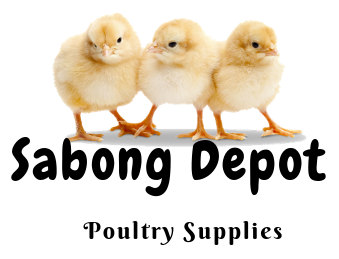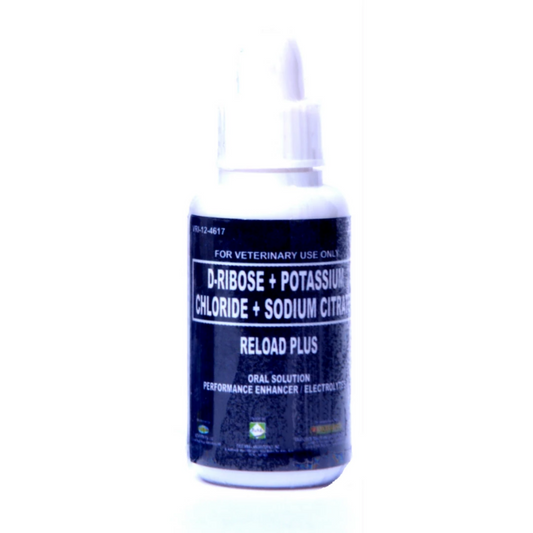Sabong Depot Poultry Supplies
News Bureau
In light of the recent outbreaks of mad cow disease and avian influenza in The Netherlands and Turkey, the Department of Agriculture (DA) of the Philippines has issued a temporary ban on the importation of cattle and related products from The Netherlands and poultry products from Turkey. The ban covers live animals, meat, and meat by-products derived from cattle, as well as domestic and wild birds and their products from the two affected countries.
Mad cow disease, also known as bovine spongiform encephalopathy (BSE), has been detected in The Netherlands, as reported to the World Organization for Animal Health (WOAH) by the country's chief veterinary officer last February 1. Meanwhile, Turkish authorities also informed the WOAH of an outbreak of highly pathogenic avian influenza (HPAI) subtype H5N1 in Asagihilal, Afyon, which hit domestic birds.
To ensure the safety of consumers and the local poultry industry, the DA's order will take effect immediately and remain enforced unless revoked in writing. The agency has suspended the processing, evaluation of applications, and issuance of sanitary and phytosanitary (SPS) import clearance for the said products.
All meat shipments from The Netherlands that were in transit, loaded, or accepted unto port before the issuance of the order will be allowed, provided the products were slaughtered or produced on or before Jan. 1. In the case of poultry products from Turkey, those in transit, loaded, or accepted unto port before the imposition of the ban will be allowed entry into the country as long as they were slaughtered or produced on or before Jan. 17.
The DA has also announced that it will conduct a more rigorous inspection on all arrivals of meat and meat by-products, as well as domestic and wild birds and their products in all major ports of entry.
"The recent cases of BSE in The Netherlands may pose a risk to consumers due to BSE's assumed link with the variant Creutzfeldt-Jakob disease (vCJD) in humans," the DA explained. "There is a need to prevent the entry of HPAI virus to protect the health of the local poultry."
The DA's swift response demonstrates the agency's commitment to safeguarding the health and well-being of the people and animals in the Philippines. The ban serves as a precautionary measure against the possible spread of mad cow disease and avian influenza and underscores the importance of food safety and biosecurity measures in the country's agricultural sector.
Source:
Department of Agriculture
Republic of the Philippines




